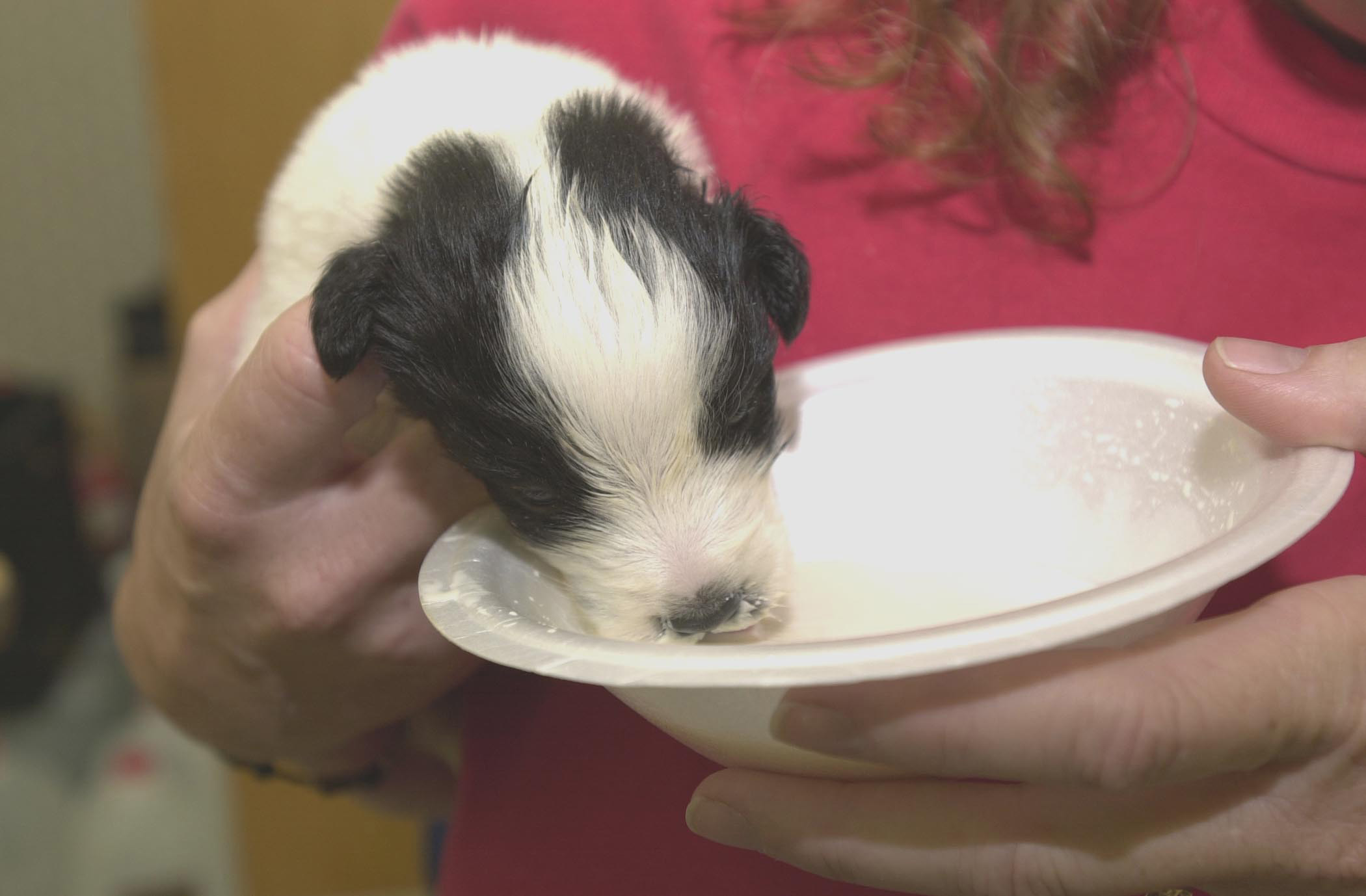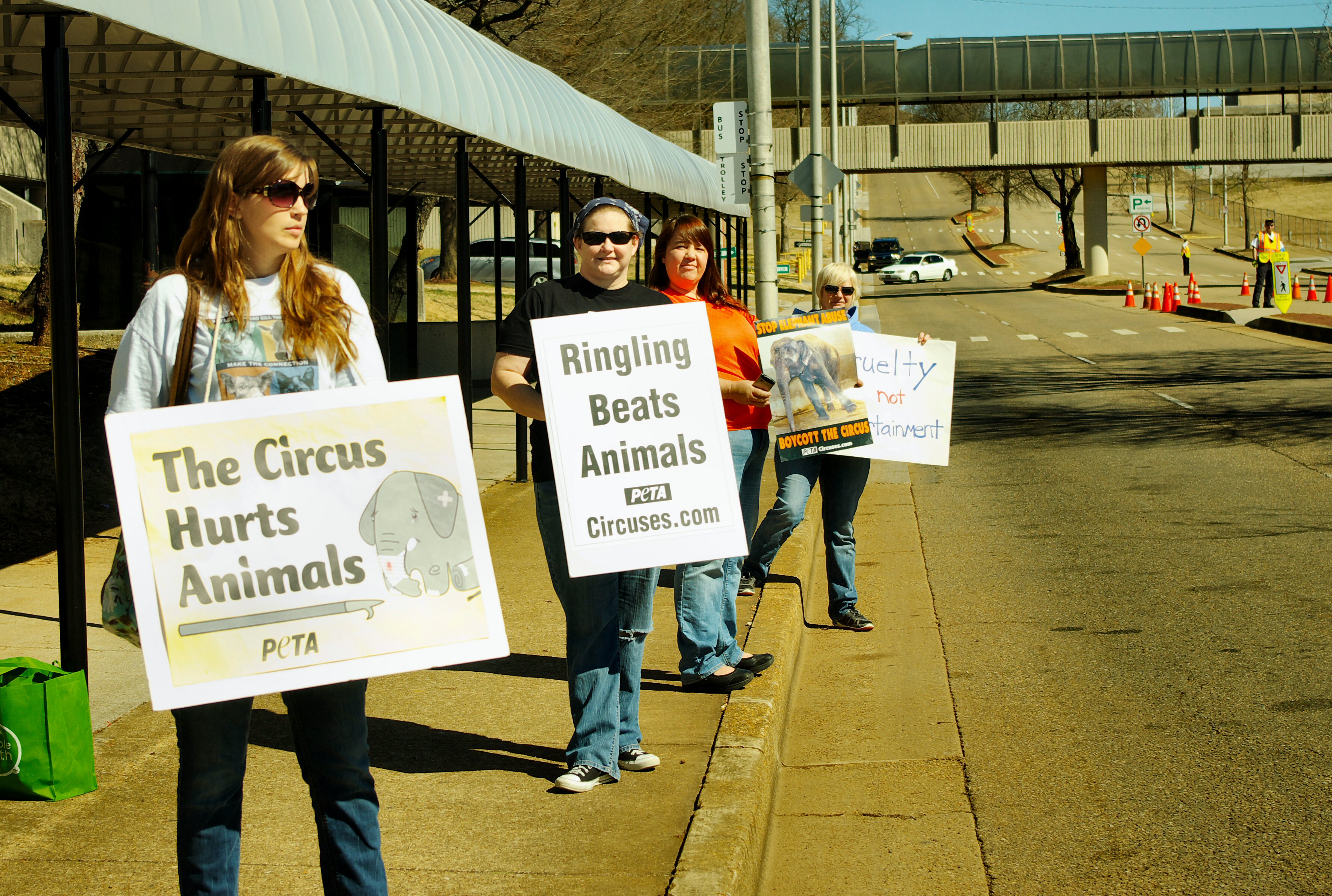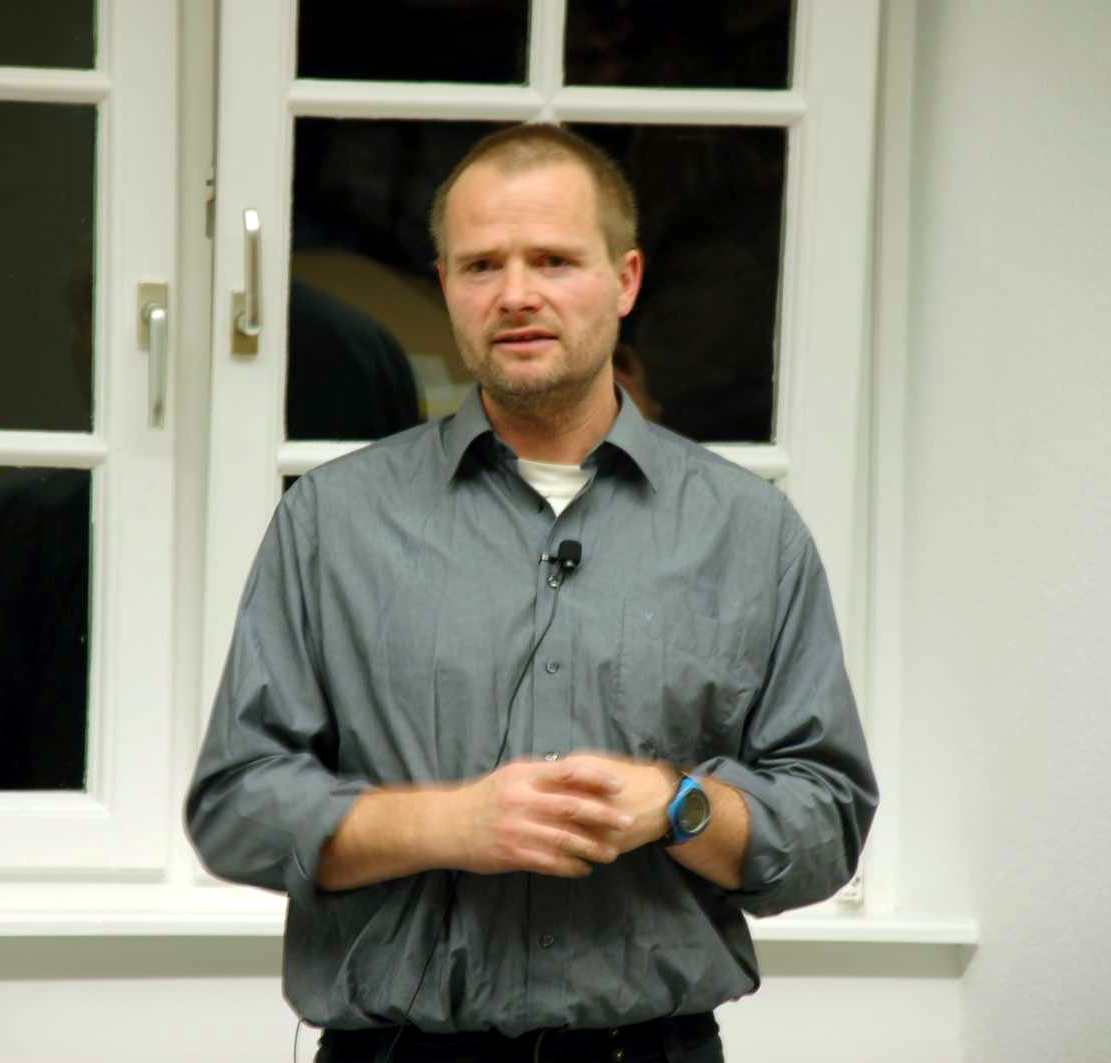|
Animal Welfare And Rights In Austria
Animal welfare and rights in Austria is about the treatment of and laws concerning non human animals in Austria. Austria has relatively advanced animal welfare laws by international standards. Legislation The Austrian Animal Welfare Act 2004 is Austria's major piece of animal welfare legislation. The stated purpose of the Act is the "protection of the life and welfare of animals in light of the particular responsibility that mankind bears to animals as fellow creatures". The Act prohibits inflicting unjustified pain, suffering, injury, or fear on an animal, though there are exemptions for hunting and fishing. The Act also prohibits neglecting proper accommodation, feeding, and care. It also creates a duty to provide for an animal's space, freedom of movement, climate, nutrition, and social contact, depending on the animal's physiological and ethological needs. The anti-cruelty and duty of care provisions apply to animals on farms. There are also regulations specific to ... [...More Info...] [...Related Items...] OR: [Wikipedia] [Google] [Baidu] |
Animal Welfare
Animal welfare is the well-being of non-human animals. Formal standards of animal welfare vary between contexts, but are debated mostly by animal welfare groups, legislators, and academics. Animal welfare science uses measures such as longevity, disease, immunosuppression, behavior, physiology, and reproduction, although there is debate about which of these best indicate animal welfare. Respect for animal welfare is often based on the belief that nonhuman animals are sentient and that consideration should be given to their well-being or suffering, especially when they are under the care of humans. These concerns can include how animals are slaughtered for food, how they are used in scientific research, how they are kept (as pets, in zoos, farms, circuses, etc.), and how human activities affect the welfare and survival of wild species. There are two forms of criticism of the concept of animal welfare, coming from diametrically opposite positions. One view, held by some think ... [...More Info...] [...Related Items...] OR: [Wikipedia] [Google] [Baidu] |
Veganism
Veganism is the practice of abstaining from the use of animal product—particularly in diet—and an associated philosophy that rejects the commodity status of animals. An individual who follows the diet or philosophy is known as a vegan. Distinctions may be made between several categories of veganism. Dietary vegans, also known as "strict vegetarians", refrain from consuming meat, eggs, dairy products, and any other animal-derived substances. An ethical vegan is someone who not only follows a plant-based diet but extends the philosophy into other areas of their lives, opposes the use of animals for any purpose, and tries to avoid any cruelty and exploitation of all animals including humans. Another term is "environmental veganism", which refers to the avoidance of animal products on the premise that the industrial farming of animals is environmentally damaging and unsustainable. Matthew Cole, "Veganism", in Margaret Puskar-Pasewicz (ed.), ''Cultural Encyclopedia of Vege ... [...More Info...] [...Related Items...] OR: [Wikipedia] [Google] [Baidu] |
History Of Vegetarianism
The earliest records of vegetarianism as a concept and practice amongst a significant number of people are from History of India, ancient India, especially among the Hindus and Jains.Spencer, Colin: ''The Heretic's Feast. A History of Vegetarianism'', London 1993 Later records indicate that small groups within the Ancient Greece, ancient Greek civilizations in southern Italy and Greece also adopted some dietary habits similar to vegetarianism. In both instances, the diet was closely connected with the idea of nonviolence toward animals (called ''ahimsa'' in India), and was promoted by religious groups and philosophers. Following the Christianization of the Roman Empire in late antiquity (4th–6th centuries), vegetarianism nearly disappeared from Europe. Several orders of monks in medieval Europe restricted or banned the consumption of meat for ascetic reasons but none of them abstained from the consumption of fish; these monks were not vegetarians but some were pescetarians. Vege ... [...More Info...] [...Related Items...] OR: [Wikipedia] [Google] [Baidu] |
Animal Rights Movement
The animal rights (AR) movement, sometimes called the animal liberation, animal personhood, or animal advocacy movement, is a social movement that seeks an end to the rigid moral and legal distinction drawn between human and non-human animals, an end to the status of animals as property, and an end to their use in the research, food, clothing, and entertainment industries. Terms and factions All animal liberationists believe that the individual interests of non-human animals deserve recognition and protection, but the movement can be split into two broad camps. Animal rights advocates believe that these basic interests confer moral rights of some kind on the animals, and/or ought to confer legal rights on them;"Animal rights," ''Encyclopædia Britannica'', 2007. see, for example, the work of Tom Regan. Utilitarian liberationists, on the other hand, do not believe that animals possess moral rights, but argue, on utilitarian grounds — utilitarianism in its simplest form advoca ... [...More Info...] [...Related Items...] OR: [Wikipedia] [Google] [Baidu] |
Timeline Of Animal Welfare And Rights
This timeline describes major events in the history of animal welfare and animal rights. Overview Detailed timeline See also *Abolitionism (animal rights) *Animal welfare and rights in China *Animal welfare and rights in India *Animal welfare in the United States *History of vegetarianism *List of animal rights advocates *Speciesism *Timeline of animal welfare and rights in Europe *Timeline of animal welfare and rights in the United States *Timeline of cellular agriculture *Universal Declaration on Animal Welfare *Veganism *Women and animal advocacy Women have played a central role in animal advocacy since the 19th century. The animal advocacy movement – embracing animal rights, animal welfare, and anti-vivisectionism – has been disproportionately initiated and led by women, p ... References {{Portal bar, Animals, History Animal welfare and rights legislation ... [...More Info...] [...Related Items...] OR: [Wikipedia] [Google] [Baidu] |
Hunting
Hunting is the human activity, human practice of seeking, pursuing, capturing, or killing wildlife or feral animals. The most common reasons for humans to hunt are to harvest food (i.e. meat) and useful animal products (fur/hide (skin), hide, bone/tusks, horn (anatomy), horn/antler, etc.), for recreation/taxidermy (see trophy hunting), to remove predators dangerous to humans or domestic animals (e.g. wolf hunting), to pest control, eliminate pest (organism), pests and nuisance animals that damage crops/livestock/poultry or zoonosis, spread diseases (see varmint hunting, varminting), for trade/tourism (see safari), or for conservation biology, ecological conservation against overpopulation and invasive species. Recreationally hunted species are generally referred to as the ''game (food), game'', and are usually mammals and birds. A person participating in a hunt is a hunter or (less commonly) huntsman; a natural area used for hunting is called a game reserve; an experienced hun ... [...More Info...] [...Related Items...] OR: [Wikipedia] [Google] [Baidu] |
Animal Testing
Animal testing, also known as animal experimentation, animal research, and ''in vivo'' testing, is the use of non-human animals in experiments that seek to control the variables that affect the behavior or biological system under study. This approach can be contrasted with field studies in which animals are observed in their natural environments or habitats. Experimental research with animals is usually conducted in universities, medical schools, pharmaceutical companies, defense establishments, and commercial facilities that provide animal-testing services to the industry. The focus of animal testing varies on a continuum from pure research, focusing on developing fundamental knowledge of an organism, to applied research, which may focus on answering some questions of great practical importance, such as finding a cure for a disease. Examples of applied research include testing disease treatments, breeding, defense research, and toxicology, including cosmetics testing. In edu ... [...More Info...] [...Related Items...] OR: [Wikipedia] [Google] [Baidu] |
Intensive Animal Farming
Intensive animal farming or industrial livestock production, also known by its opponents as factory farming and macro-farms, is a type of intensive agriculture, specifically an approach to animal husbandry designed to maximize production, while minimizing costs. To achieve this, agribusinesses keep livestock such as cattle, poultry, and fish at high stocking densities, at large scale, and using modern machinery, biotechnology, and global trade."EU tackles BSE crisis" BBC News, November 29, 2000. The main products of this industry are , and |
German Language
German ( ) is a West Germanic languages, West Germanic language mainly spoken in Central Europe. It is the most widely spoken and Official language, official or co-official language in Germany, Austria, Switzerland, Liechtenstein, and the Italy, Italian province of South Tyrol. It is also a co-official language of Luxembourg and German-speaking Community of Belgium, Belgium, as well as a national language in Namibia. Outside Germany, it is also spoken by German communities in France (Bas-Rhin), Czech Republic (North Bohemia), Poland (Upper Silesia), Slovakia (Bratislava Region), and Hungary (Sopron). German is most similar to other languages within the West Germanic language branch, including Afrikaans, Dutch language, Dutch, English language, English, the Frisian languages, Low German, Luxembourgish, Scots language, Scots, and Yiddish. It also contains close similarities in vocabulary to some languages in the North Germanic languages, North Germanic group, such as Danish lan ... [...More Info...] [...Related Items...] OR: [Wikipedia] [Google] [Baidu] |
Martin Balluch
Martin Balluch (born 12 October 1964) is an Austrian physicist, philosopher, vegan and prominent animal rights activist. He co-founded the Austrian Vegan Society in 1999, and has been president of the Austrian Association Against Animal Factories since 2002.Singer, Peter. (ed.) ''In Defense of Animals: The Second Wave''. Blackwell, 2006. The philosopher Peter Singer has called Balluch "one of the foremost spokesmen in the worldwide animal rights movement for pursuing the nonviolent, democratic road to reform."Singer, PeterOf great apes and men ''The Guardian'', 18 July 2008. Early life and career Balluch was born in Vienna, Austria. He obtained diplomas in mathematics and astronomy from the University of Vienna in 1986 and 1987, and his PhD in physics from the University of Heidelberg in 1989.Balluch's CV University of Cambridge, retri ... [...More Info...] [...Related Items...] OR: [Wikipedia] [Google] [Baidu] |
European Union
The European Union (EU) is a supranational political and economic union of member states that are located primarily in Europe. The union has a total area of and an estimated total population of about 447million. The EU has often been described as a '' sui generis'' political entity (without precedent or comparison) combining the characteristics of both a federation and a confederation. Containing 5.8per cent of the world population in 2020, the EU generated a nominal gross domestic product (GDP) of around trillion in 2021, constituting approximately 18per cent of global nominal GDP. Additionally, all EU states but Bulgaria have a very high Human Development Index according to the United Nations Development Programme. Its cornerstone, the Customs Union, paved the way to establishing an internal single market based on standardised legal framework and legislation that applies in all member states in those matters, and only those matters, where the states have agreed to act ... [...More Info...] [...Related Items...] OR: [Wikipedia] [Google] [Baidu] |
Open Rescue
In animal rights and animal welfare, welfare, open rescue is a direct action of rescue practiced by animal rights activism, activists. Open rescue involves rescuing animals in pain and suffering, giving the rescued animals veterinary treatment and long-term care, documenting the living conditions, and ultimately publicly releasing the rescue and documentation. Open rescue's public nature contrasts with clandestine animal rights activism. Open rescue activists typically publish their full identities. Open rescue is nonviolent towards humans and other animals, although some groups practice property damage. History Beginnings The open rescue Method (software engineering), method was largely developed by Animal Liberation Victoria (ALV) Rescue Team, based in Melbourne. Inspired by satyagraha, the method and philosophy used by Mahatma Gandhi in the struggle for independence for India, the ALV developed this method in the 1980s and has since been conducting investigations and open res ... [...More Info...] [...Related Items...] OR: [Wikipedia] [Google] [Baidu] |







